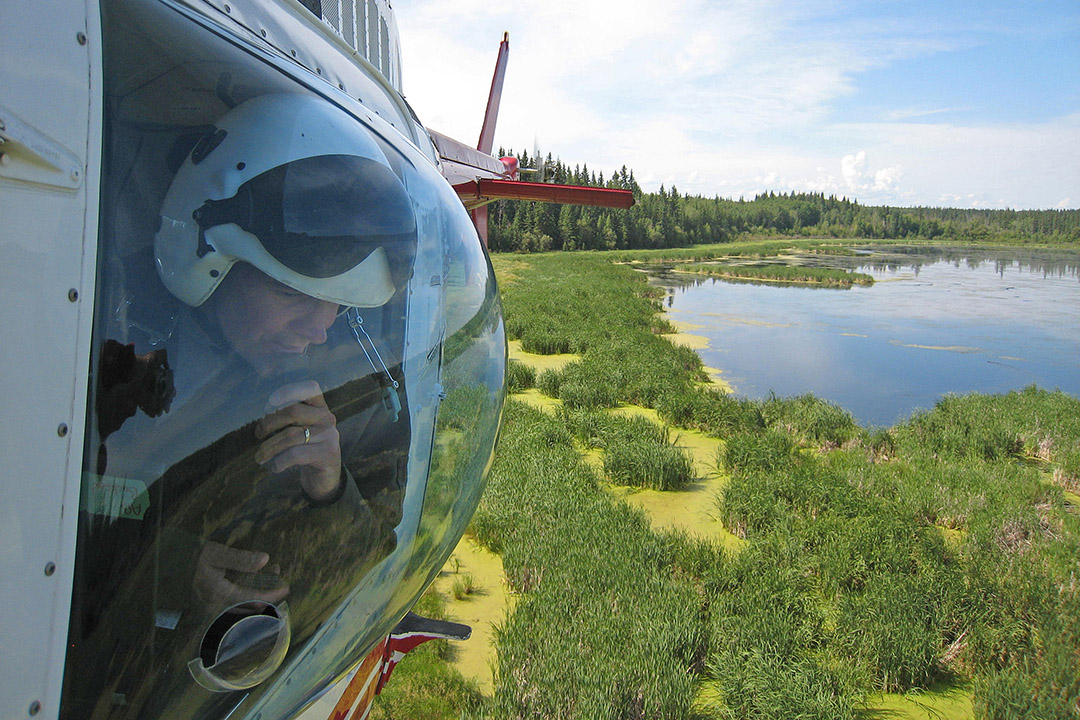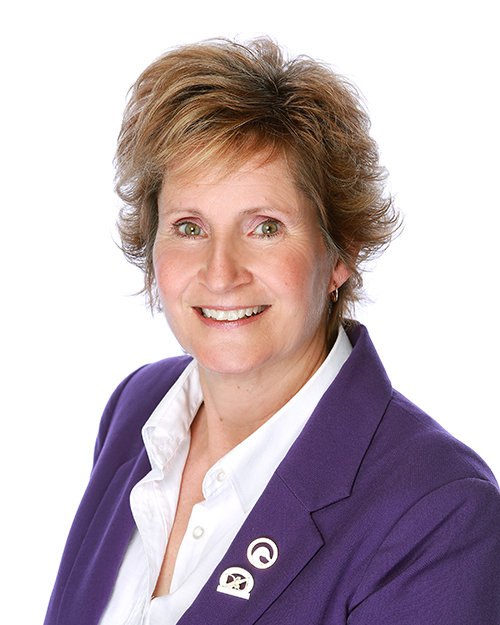
Partnership promotes wetland and waterfowl conservation
A partnership between Ducks Unlimited Canada (DUC) and the University of Saskatchewan (USask) aims to advance wetland and waterfowl conservation in the country.
By Jessica ElfarWetland conservation efforts in Canada received a boost on Oct. 10 as USask announced a new partnership with Ducks Unlimited Canada. The two organizations joined forces to create the Ducks Unlimited Canada Endowed Chair in Wetland and Waterfowl Conservation, and also announced a joint fundraising initiative to raise $5 million to support the chair and its work.
In addition to research and conservation management efforts, the donor-funded endowment will provide support for students through graduate fellowships and undergraduate scholarships.

Karla Guyn, chief executive officer of Ducks Unlimited Canada, is excited about how the chair will further the conservation science needed to address increasing pressures on wetlands and wildlife. This is especially important in the Canadian Prairies, which she said is the primary area of concern for waterfowl protection in North America. Guyn said wetland loss, drainage, degradation caused by development, and the added threat of climate change, are the top environmental issues facing her team of 350 today.
“We want to see the chair advance new knowledge and ideas about wetlands and waterfowl and translate that into action on the ground,” said Guyn. “It’s this landscape-level focus that will provide solutions to some of today’s most pressing environmental issues, including water quality, flood and drought mitigation and climate change.”
USask’s location gave it a considerable edge when DUC was considering Canadian universities to partner with.
“It’s located in the heart of the Prairie Pothole Region, with easy access to the western boreal forest, another critical area for this research,” said Guyn.
With both her Master of Science and PhD in biology from USask, she said establishing this chair at her alma mater is also an opportunity for her to come full circle.
“It’s near and dear to my heart—the university gave me such a wonderful education,” she said. “I feel it’s important to give students an opportunity to go there and pursue studies in this field, while empowering them to help shape the future of conservation.”

